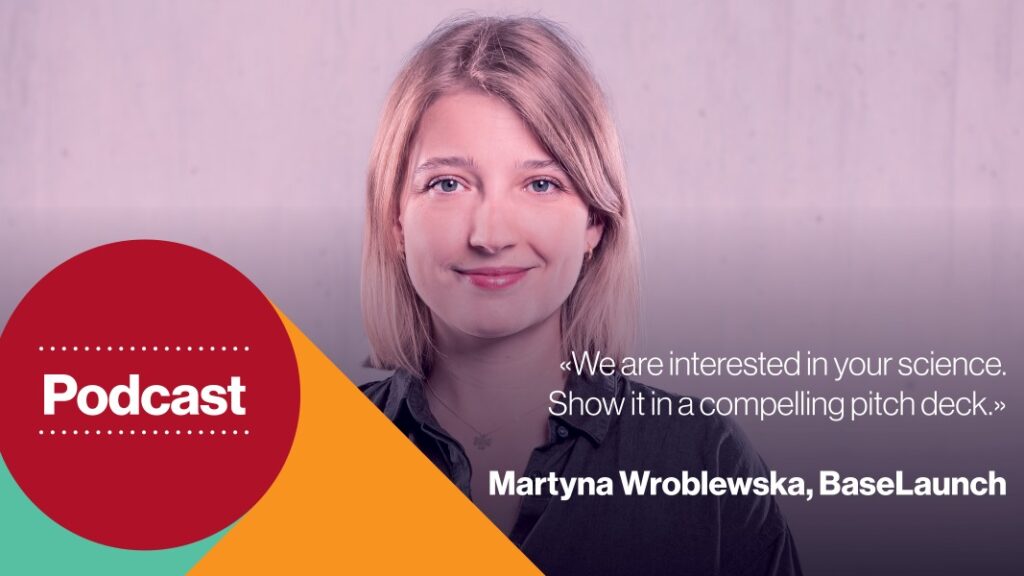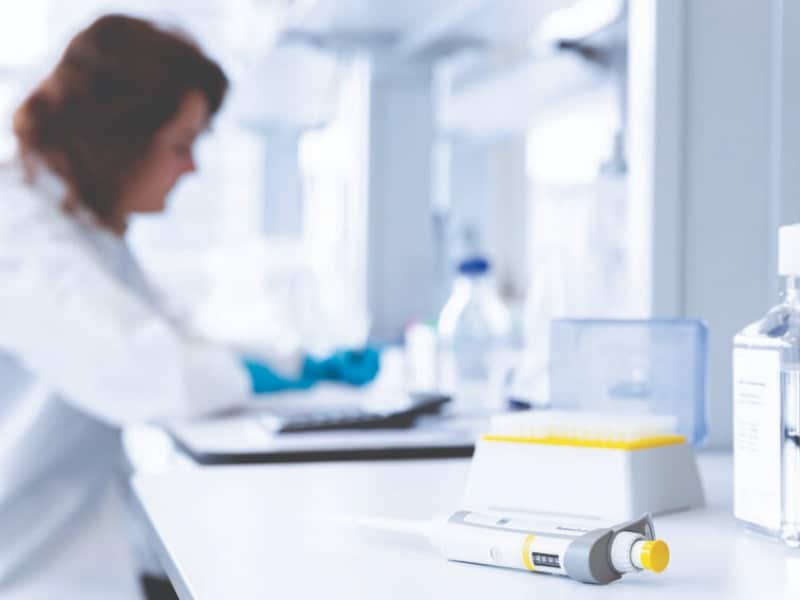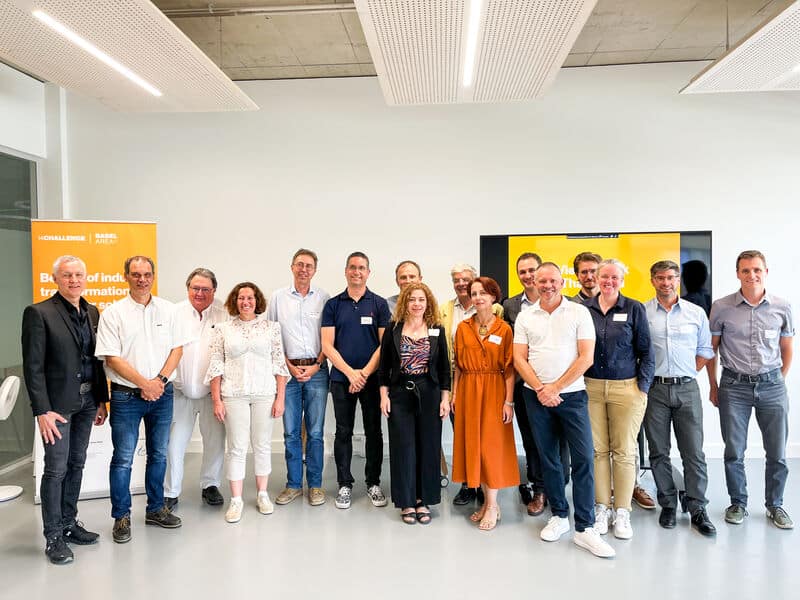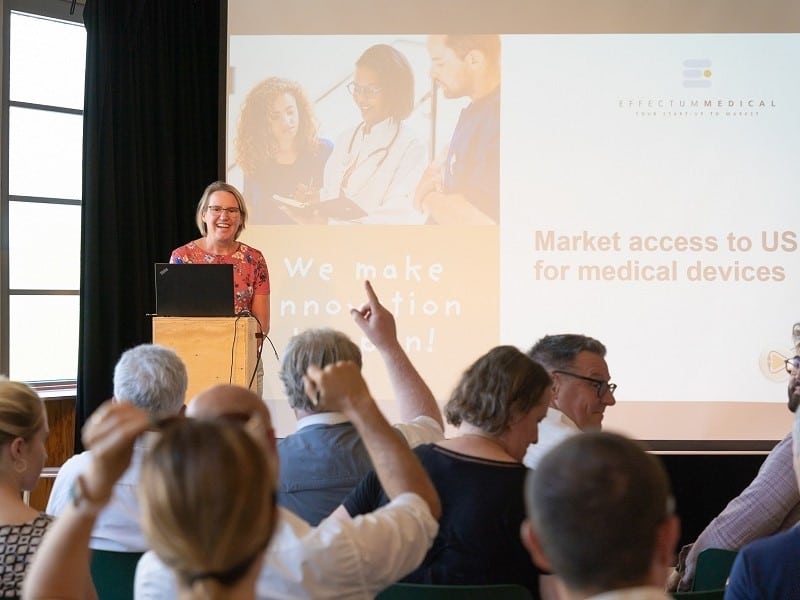
| News
What we learned at this year’s DayOne Conference
19.10.2019

DayOne Conference 2019
Twenty-two panellists and speakers, among them 3 patients and digital health futurist Maneesh Juneja, 30 project champions and their mentors, 40 volunteers and 450 participants and Arcondis as conference Partner — this was the DayOne Conference which took place on September 9 at the FHNW in Muttenz.
It is fair to say that the format, now in its fourth edition, has established itself, even though change in terms of location and order of events has been and will most probably continue to be constant, given the mission of DayOne to shape the future of health. What will remain are the basic ingredients – a growing community of healthcare innovators and their appetite to share their expertise and co-create with their peers.
Representing the vibrant healthcare ecosystem of the Basel region and beyond, the DayOne innovation community is attracting ever more entrepreneurs to attend the open innovation session at the conference; the session includes both applicants to the DayOne accelerator program and also ventures and projects for which feedback is sought. This big collaborative effort makes the DayOne Conference unique, even for entrepreneurs from abroad.
Also unique to the DayOne Conference is the openness to talk about neglected issues. One of these is – strangely enough for this industry – the need to include the patient’s view. In fact, the conference started and set the tone with a patients’ panel, followed by a session on future ethics in healthcare and a session on financing innovation – beyond venture capital.
The following are our personal takeaways from this year’s DayOne Conference:
1) Patient centricity is key: Even though starting with the patients seems the most obvious in healthcare innovation, there still seems to be considerable reluctance to accept this concept. The patient stories on stage clearly showed the necessity: As technology evolves, allowing new ways for patients to monitor and more efficiently (self)manage their health states, new applications will only succeed if they bring tangible value to end-users and improve their quality of life.
2) No trust, no business: Trust in technology is becoming a crucial factor for advancing innovation. Ethics therefore matter. Patients and individuals will only share their data for a good reason and if they get something out of it. In the long run, Health Data Ecosystems, the foundation of healthcare innovation, will not thrive in an environment of unilateral enforcement and exploitation.
3) De-risking investment through collaboration: Regarding the investments flowing into Digital Health, Europe seems to be losing out between the superpowers of the east (China) and west (USA). However, money cannot buy everything. What bright minds need most of all is innovation ecosystems where their ideas can be nourished and validated, providing access to healthcare providers and industry. Thus, building on a strong collaborative effort between stakeholders will stimulate entrepreneurial appetite and de-risk investments.
4) Entrepreneurs need diversity: Technology is there and ready to use. A key differentiator for digital health start-ups is the ability to make the best use of it. This requires a culture of integrating diverse capabilities, such as data sciences, medicine, research, patient/user experience and also commercialisation. In this respect, DayOne hubs with their community approach are becoming increasingly crucial for business creation.
(This report hast been co-authored by Manuel Kammermann, Arcondis)
A huge thank you for everyone who made this year’s DayOne Conference happen!
Canton of Basel-Stadt and BaselArea.swiss for facilitating. Our Conference Partner: Arcondis.
The Patients: Cecile Tardy, Judith Safford, Peter Loewenberg
The Speakers and Panellist on Ethics: Nicholetta Iacobacci, Exponential Ethics; Evelyne Bischof, Shanghai Jiao Tong University School of Medicine; Bram Stieltjes, Universitätsspital Basel; Daniel R. Karlin, HealthMode; Athula Herath, Novartis; Erik Schkommodau, FHNW
The Speakers and on Financing: Andreas Igel, Arcondis; Julien de Salaberry, Galen Growth; Alex Buech, Medical Insights; Jan Vichr, Canopei; Sybille Fischer, Baloise; Gabor Szinnai, UKBB; Stephanie Bova, Takeda; Amine Korchi, Fusion; André Guedel, KPMG
Keynote: Maneesh Juneja, Digital Health Futurist, London
Moderation and Curation: Thomas Brenzikofer and Doug Häggström
Open Innovation Head Coaches: Aurelie Moser, Viktor Bullain, Egle B. Thomas
30 Projects Champions, their mentors and 40 Volunteers
And to our DayOne Conference supporting partners: MedInside, Swiss Healthcare Startups, CSEM, ETH Zürich- DBSSE, FHNW, Swiss Institute of Bioinformatics, Swiss TPH, UKBB, Universität Basel, Universitätsspital Basel, ELCA, SAS, Soladis Group





